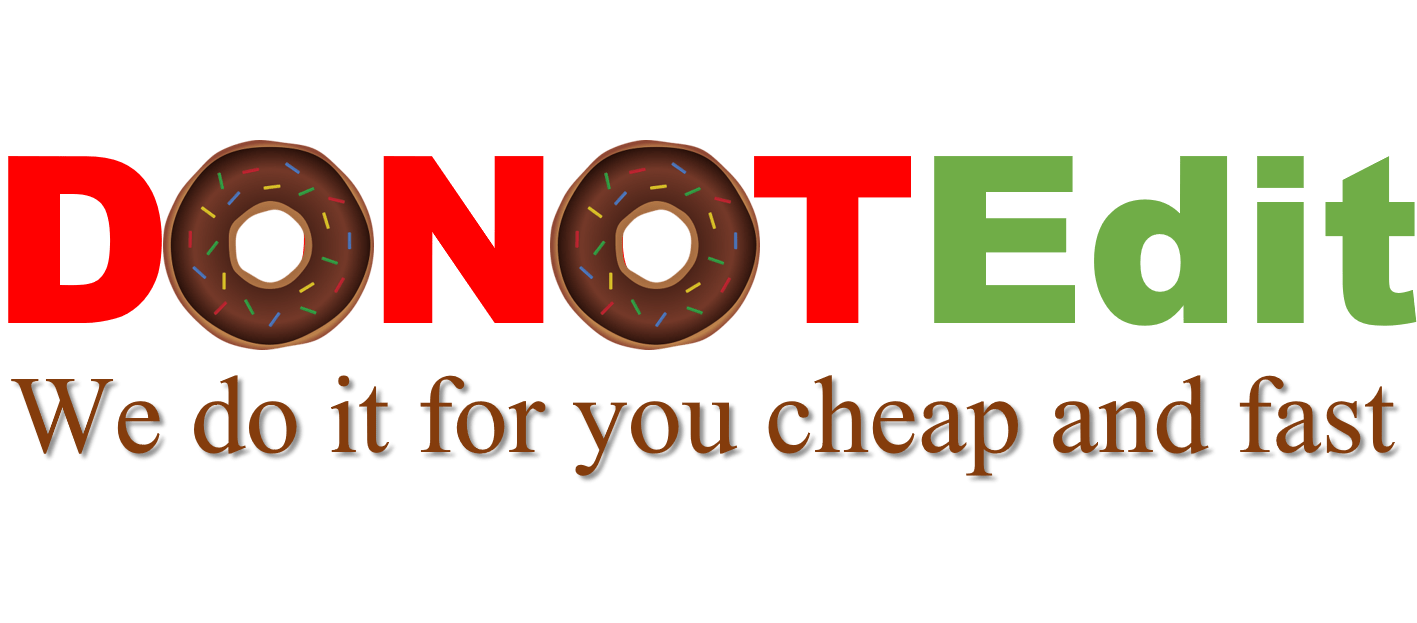Copyright is a legal document for authors that protects their work from being used by others without their consent and reference. Copyright has a limited duration (up to 100 years after the author’s death) and its own legal requirements (usually depending on the country). Although there are specific international agreements to protect the work around the world, it does not mean that the copyrighted material cannot be used. There are certain licenses that, if properly followed, make the works available to others, including those that do not require a fee and are called free, public, or open licenses, and allow the copyright holders to also hold licenses that give the users access without violating any copyright laws.

Creative Commons
For those involved in academic and research publications, licensing policies are essential to ensure that permission to use a person’s work is clear. Open licenses of The Open Access Scholarly Publishers Association (OASPA) ensure that the copyright holder is clearly identified and promotes open access publication as this is especially important for allowing others to use the published work. An example of a general copyright license is the one provided by Creative Commons (CC).
Creative Commons is a non-profit organization created in 2001 to provide a platform for the exchange of works. It provides options that allow copyright holders to define the conditions under which others can use a work and specify what type of use is acceptable. CC-licensed authors waive some of their rights, but reviews of these copyrights, such as corrections or commercial uses of the works, are explicitly stated. Anyone can use public licenses, however, there are international restrictions. For example, the Creative Commons Developing Nations License limits licensees to individuals and companies based in developing countries.
There are also general licenses for specific disciplines. For example, the Free Software Foundation licenses software developers. Open Source Initiatives provide permissions that allow the free use, modification, and exchange of software, and the Open Knowledge Foundation provides permissions for certain types of data. CC also has licenses with specific conditions under which only one work can be used.
Creative Commons licenses
The main CC licenses are:
1- Attribution (CC-BY)
2- ShareAlike (CC-SA)
3- NonCommercial (CC-BY-NC)
4- NoDerivatives (CC-BY-ND)
CC-BY license requires proper credits given to the work. If not, everyone who uses the work must first get the necessary permissions. Under this license, the user must also provide a link to the license and show if any changes are made. CC-SA license terms are similar to the CC-BY license except that the license also allows users to exchange and modify the work as long as they distribute the modified work under similar conditions. The CC-BY-NC license term is based on the previous two types with similar terms unless you select “no derivative works”. Here the user can also modify and use the effect for any purpose other than commercial purposes unless they obtain permission first. The CC-BY-ND license is also rebuilt based on the previous three licenses, but the user must use the work in its original form and must not modify the work without the necessary license.
CC0 (or no copyright license) is another CC license which is a public domain license. Sometimes, creators of works believe that their copyrighted works should be freely available to the public without restrictions of copyright. Under a CC0 license, users are allowed to upgrade, re-use, and build on their work for any purpose without restraint. Instead of having to choose a license to free up specific uses while remaining under the terms of the copyright laws, a CC0 license allows one to opt out of copyright protection. This is necessary since assigning works to the public domain before the copyright expires is not an easy task. The CC0 license provides a means by which you can waive your rights to the extent permitted by law.
CC Endorsements
In most cases, when an article is published in a journal, the work is automatically copyrighted by the publishers and they can grant the user licenses if appropriate. Open access is a hot topic, and more publishers are under pressure to provide free access to such research papers.
OASPA understands the need for standardized licenses and attribution practices, so any publisher belonging to OASPA should agree to use licenses that encourage content reuse and distribution. OASPA also requires its members to use CC licenses. Sometimes people confuse attributions and citations, however, these two are not the same. Attribution is a legal requirement for a particular license, while the latter is an action dictated by specific disciplines.
Elsevier, the publisher of more than 2,000 journals, is planning to make its articles available for free again. Elsevier, which offers both commercial and non-commercial CC licenses (depending on the journal), has its own open-access license for archives and supports green open access provided that the CC-BY-NC-ND license is attached. Elsevier also suggested that authors always coordinate with the funding body of their research to see if a specific license is required.

Considerations for Licensor and Licensee
CC provides several healthy offers for both the licensee and licensor. For example, licensors should make sure that the licenses are non-refundable, content is appropriate for the public, and materials are not currently available to the public. The licensee must fully understand the terms of the license and their obligations under that particular license. Remember, all CC licenses require attribution. Overall, these licenses still provide protection against copyright but also allow usage under certain restrictions. This helps promote the free exchange of information and encourages research.
Have you ever used CC licenses for your research paper? You can share your experiences in the comments section below!
